Behavioural economics is the study of people’s decision-making processes and how they are not always entirely rational. By understanding people’s reactions to the choices available, you are better able to make pricing strategies that maximise your revenue. For example, evidence dictates that ending your prices with the number ‘9’ increases your revenue. If you charge $119, you should see more bookings than if you charge $117 or $120. This is not ‘rational’ as economists would view it, but it has been shown in data.
This article will look at behavioural economics and their implementation within the hospitality industry, specifically in defining your pricing strategy.
Fairness and Reference Price
When implementing behavioural economic theory into your pricing strategy, there are a couple of significant concepts that can play a large role.
One is the concept of fairness. A corner shop that raises the price of disinfectants by a factor of 10 during an epidemic will also increase customers’ anger. Even though disinfectant is rare and there is a high demand, resulting in people paying that price, it will not be considered fair.
The other is the concept of a reference price. People have an idea in their head of how much they should pay for your room. They get this idea from several sources, but you ideally want this reference price to be as high as possible.
For more on this subject, we would recommend chapter 7 of Kelly McGuire’s book Hotel Pricing in a Social World.
Don’t Price Your Rooms Too High
Imagine a situation in which there is a special event in the area. The hotels are too busy and everyone needs a place to stay. The only room available costs three times its regular price. You can charge a lot in this case, but is it fair? In reality, the price is justified; there are not many rooms left in the city, and this is the price that customers are willing to pay when demand is high.
The issue here, however, is that despite the price reflecting demand, if the guest feels they have paid above the value they perceive, they may feel taken advantage of. They will leave the hotel feeling exploited and won’t think that they have paid a price equivalent to the value of the product they received.
In general, guests look for evidence that confirms their preconceived expectations. If people think they are getting a bad deal, they will be on the lookout for evidence against you. You will see this either in the form of complaints or negative reviews. On the other hand, if you offer them a room at the price-point they are expecting, they will be looking for evidence that confirms their good judgement.
When this happens, the negative effects on the hotel can hit in three ways. First, your review scores will be poor. Second, they will not be promoting your hotel to their friends. And finally, the negative feelings they had will make them unlikely to book again.
How to Apply This in Practice?
We would say that outside of exceptional circumstances (like major events) you should not charge more than around 50% higher than your standard price for that time of year. If demand is still high, consider putting minimum stay restrictions in place. In doing so, you will be able to increase revenue without damaging your reputation.
In exceptional circumstances where people expect to pay a lot, and you are unlikely to get repeat clients; for example, a football cup final is taking place, the situation is different. Here you can charge whatever gets you the most revenue. Don’t be too worried about this ‘fairness’ when you have customers who will never come back!
Don’t Price Your Rooms Too Low
There are two main reasons not to sell your rooms too cheap, either.
The first is that it may, counter-productively, put off customers that want a good quality hotel. They might associate the low price with low quality. Let’s look at the lookalike experience shared from one hotel chain manager below in McGuire’s book:
We have a newer hotel that is quite large, and in a very competitive market, so as we introduced the hotel, we tried to generate awareness and drive demand by offering a lower price. When we lowered price too much, closer to the mass market level, we actually generated less demand than at a higher price point. This didn’t make sense to us until we realised that we were sending contradictory signals to the consumers. We were advertising a luxury experience but at a near mass market price. The price didn’t match the promise, and consumers got confused, so they just didn’t book us. When we brought the price back up, bookings increased.
You should keep in mind the ‘reference price’. The idea comes from Daniel Kahneman, the father of behavioural economics, and his collaborators. A reference price is what consumers expect to pay for a product or service, based on past experience or easily available comparisons. The reference price is not necessarily based on any objective measures, but simply what they consider “normal”. While reference prices can change over time, the more exposure the consumer has to a price, the stronger that amount becomes as a reference.
Offering your services for too cheap can negatively affect your future reference price. If someone comes to your hotel for $99 one time, they may feel that $299 is too expensive the next time – even if $399 is an excellent value.
Also, hotels find it challenging to raise prices after long periods of deep discounting. The reason being that the discounted price becomes the consumers’ reference price. In their heads, they will compare all future prices to that reference. If hotels raise prices too drastically, or too quickly, the consumers’ reference price expectation is violated, and they feel the firm is trying to take advantage of them.
How to Apply This in Practice?
In terms of price, we would recommend not going lower than 60% of your standard rate for that time of year. This makes the reset to standard prices easier and less noticeable.
If you do still have rooms to sell and want to go cheaper, try instead rate fences (for example, an offer only for targeted groups) and private rates can help maintain the reference price while generating needed revenue. Another way to get around the reference price is to obscure it by packaging the product with add-on services. This could be spa treatments, meals, internet access etc. In general, trying to increase value rather than lowering the rates gives the best results.
Consumers accept variable pricing practices in hotels without negative consequences as long as they don’t involve dramatic changes or new, unfamiliar and uncommon strategies. You can use standard revenue management practices and software like RoomPriceGenie to set rates that will maximise revenue in the short-term.
Free Ebook: 49 Tips to Supercharge Your Hotels Revenue
This free ebook consists of 73 pages with 49 tips to supercharge your hotel's revenue. It has been expertly curated to help small hotels make the most of the online marketing, distribution, sales, and revenue management opportunities.Click here to download the ebook "49 Tips to Supercharge Your Hotels Revenue".
For maximising benefit in the long-term you can apply to these insights of behavioural economics and both you and your guests will be happy!
More Tips to Grow Your Business
Revfine.com is the leading knowledge platform for the hospitality and travel industry. Professionals use our insights, strategies, and actionable tips to get inspired, optimize revenue, innovate processes, and improve customer experience.Explore expert advice on management, marketing, revenue management, operations, software, and technology in our dedicated Hotel, Hospitality, and Travel & Tourism categories.

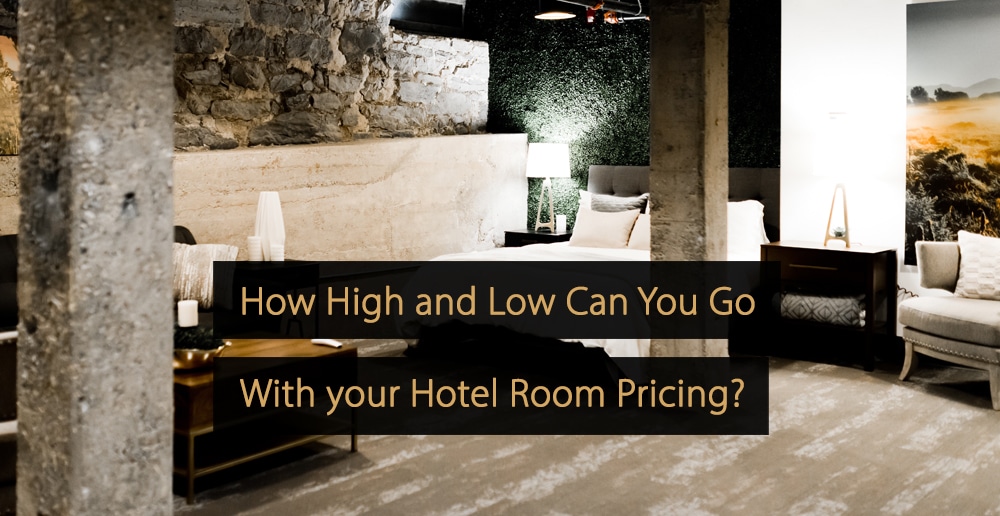
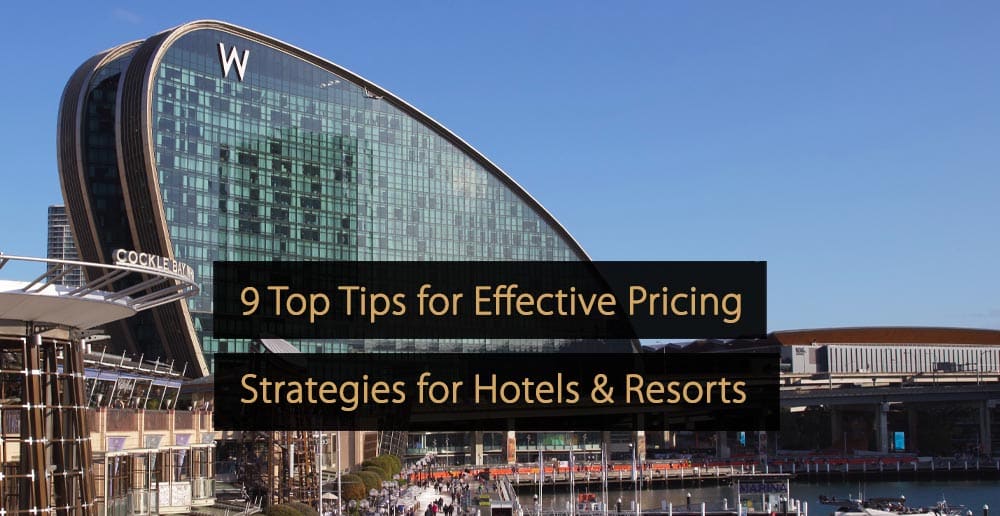
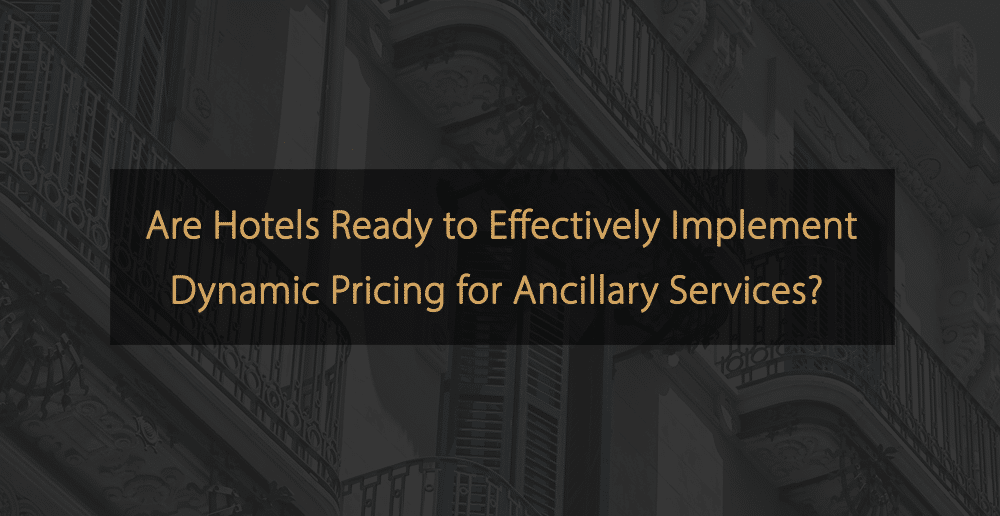
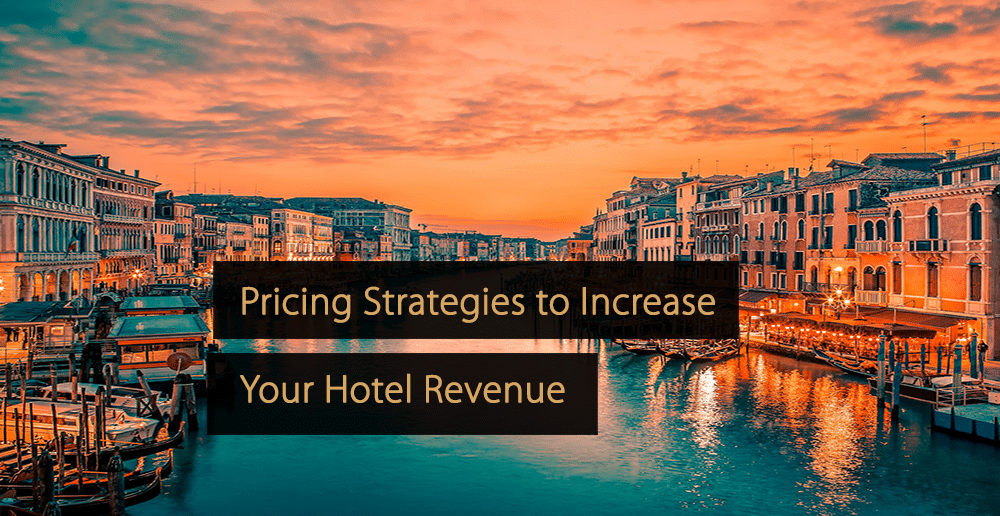
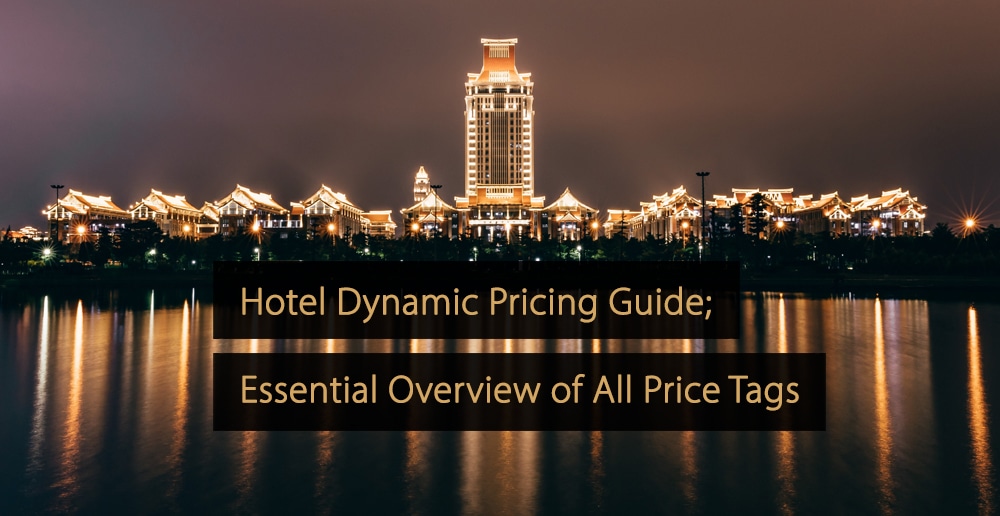
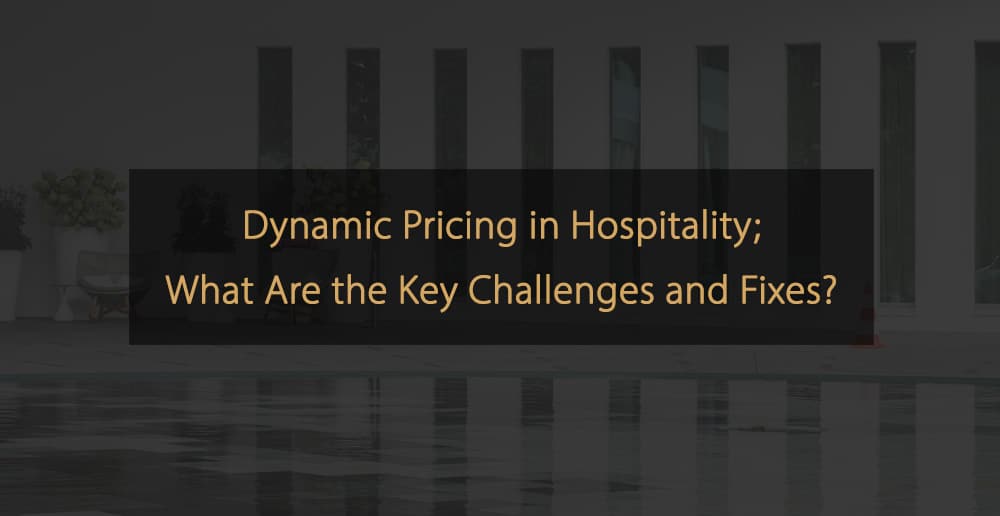
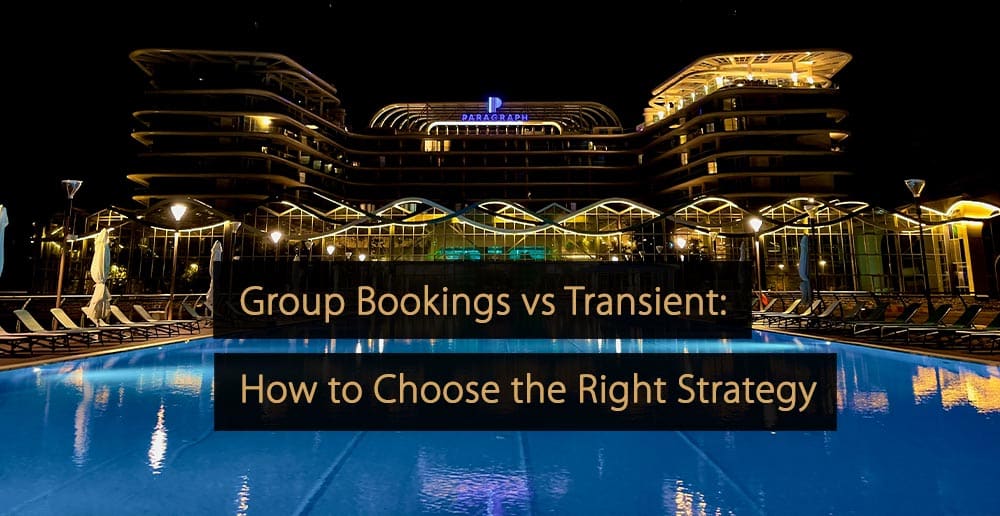
Leave A Comment